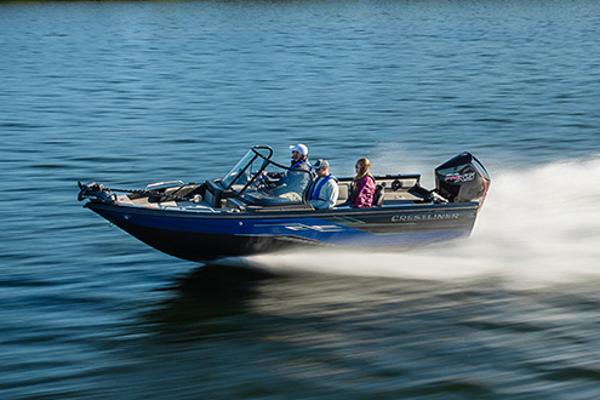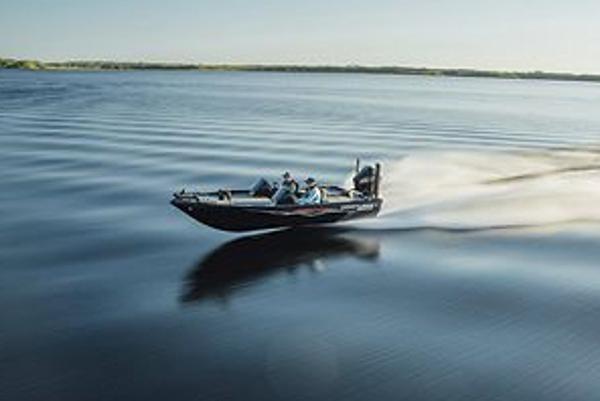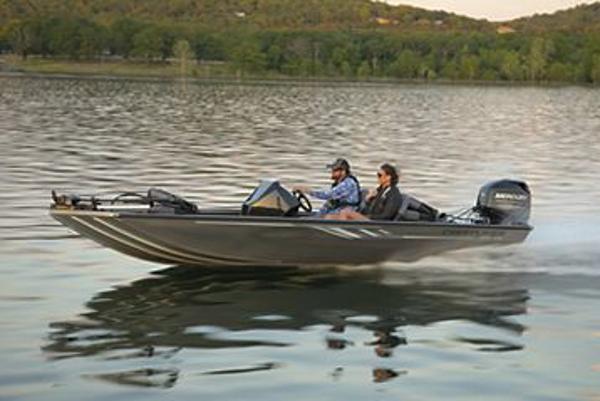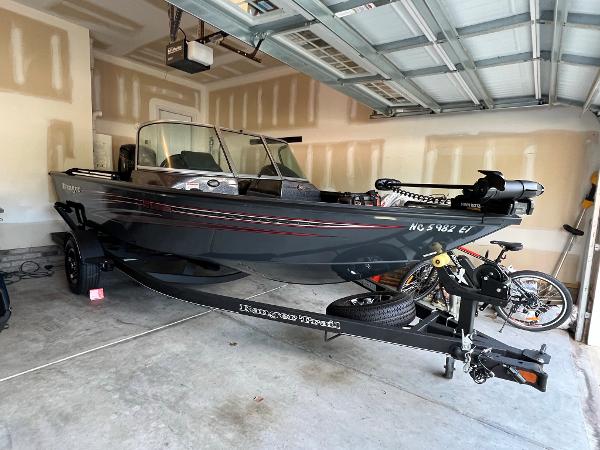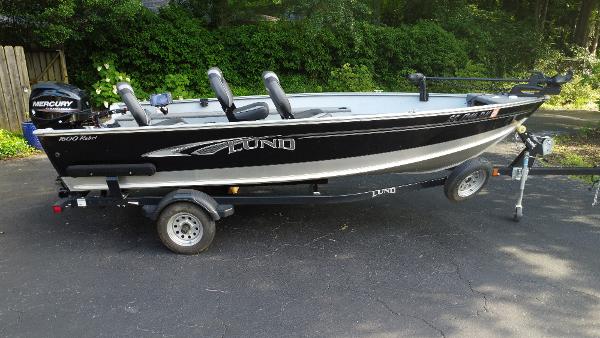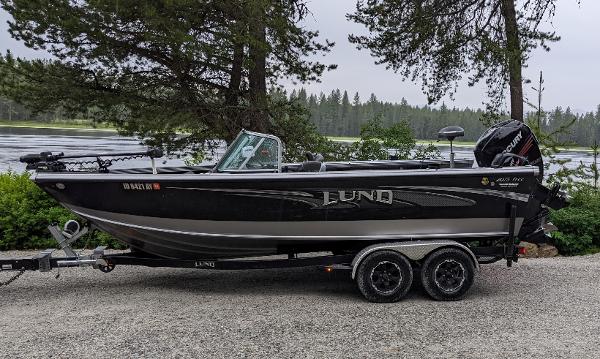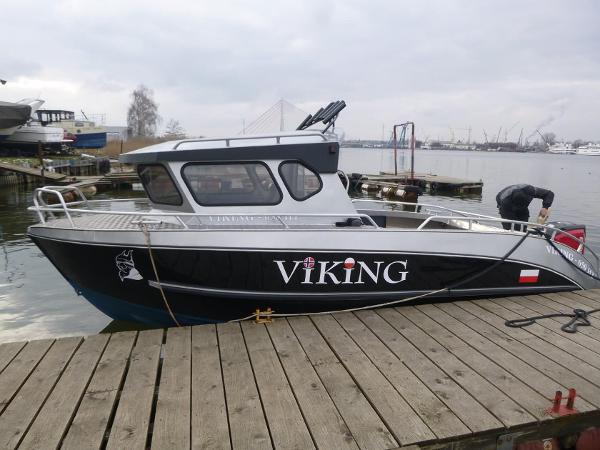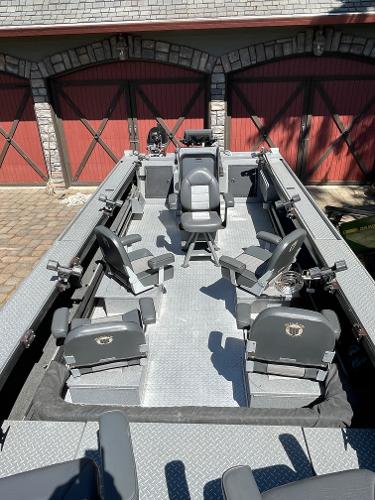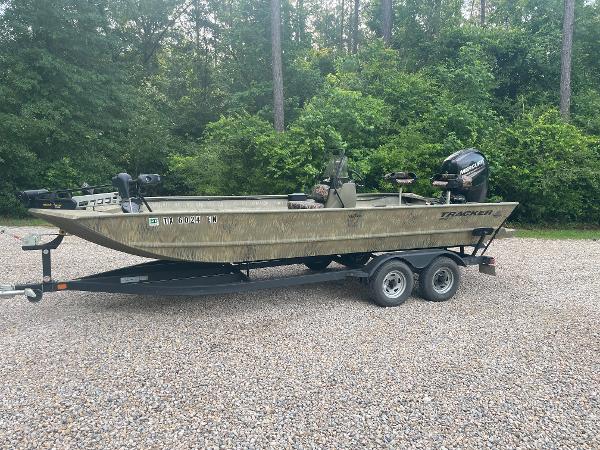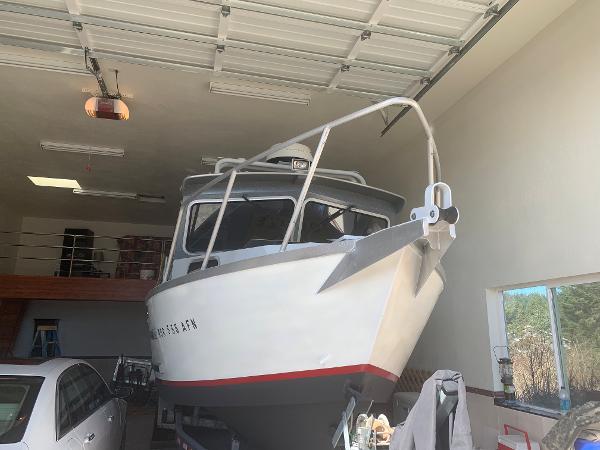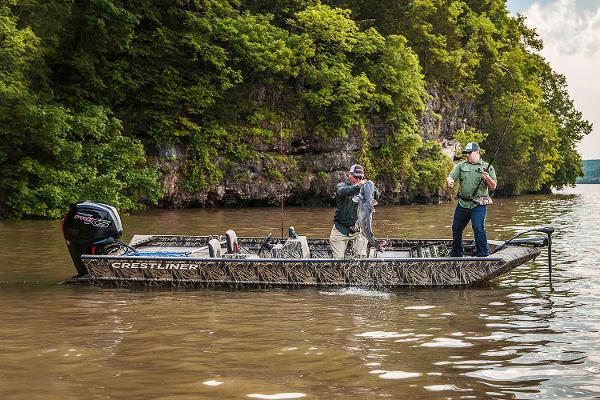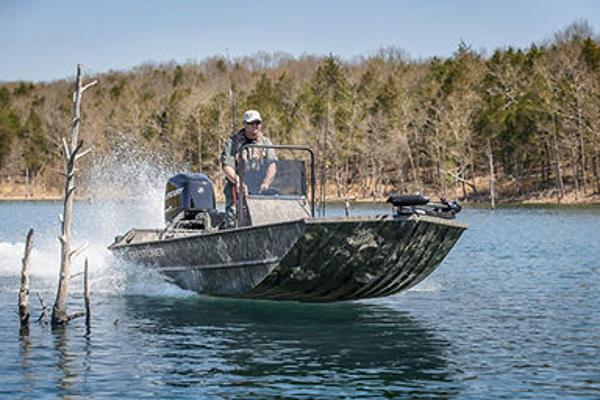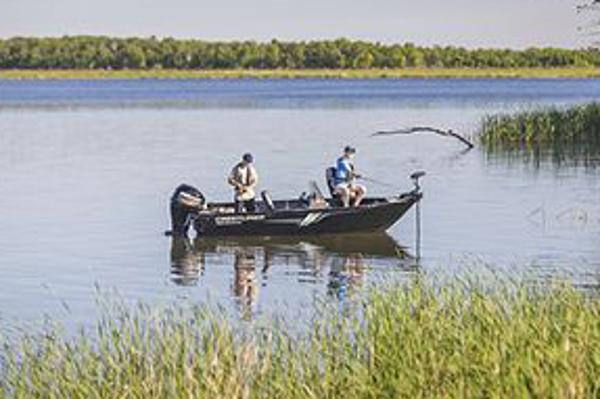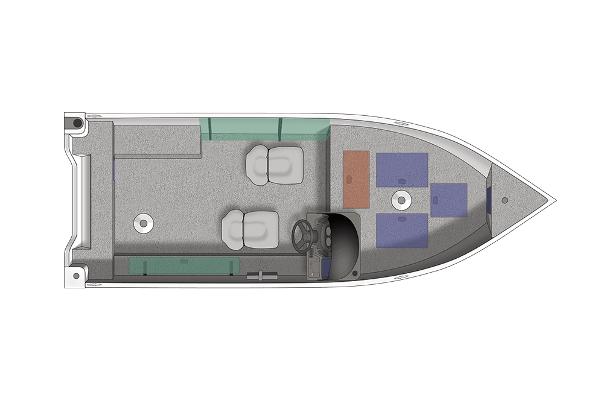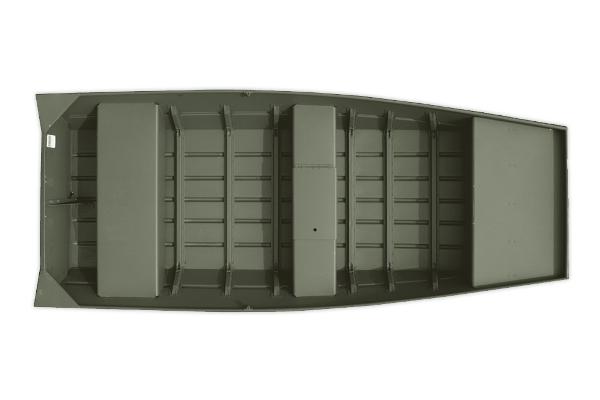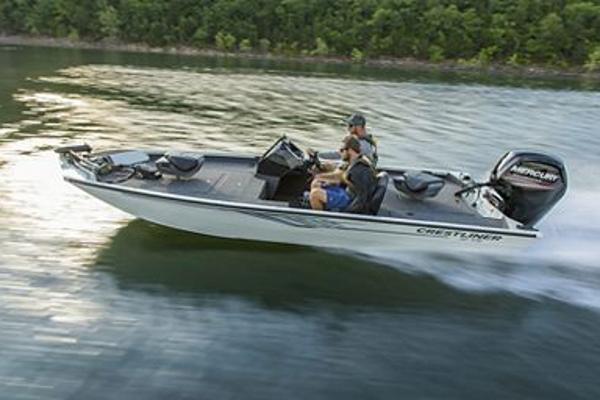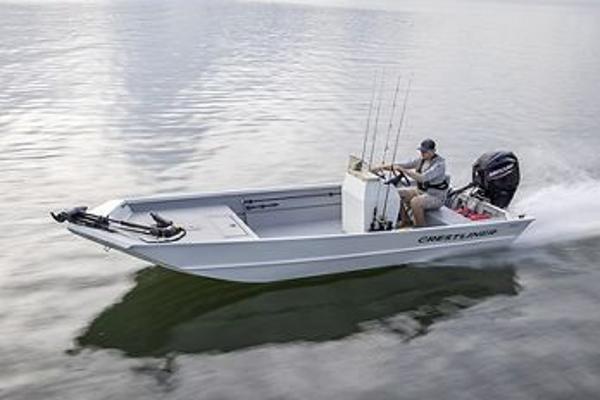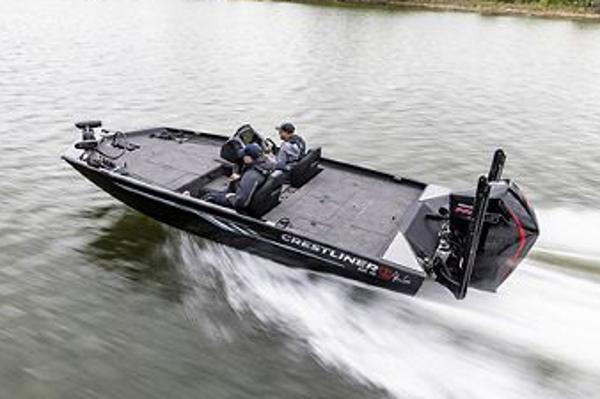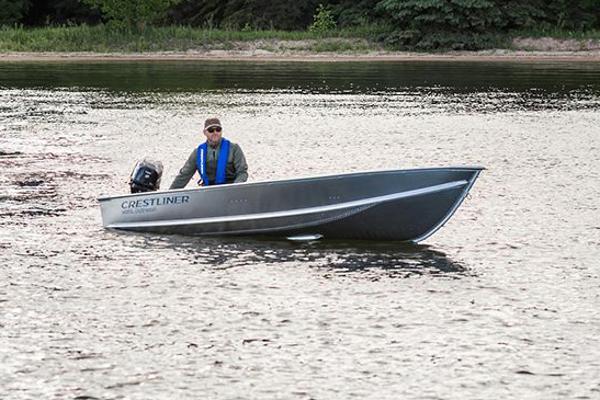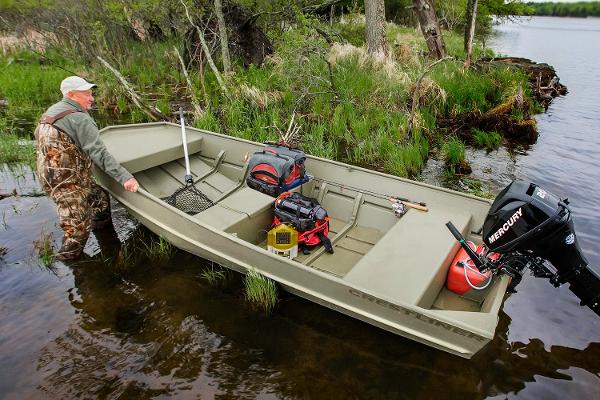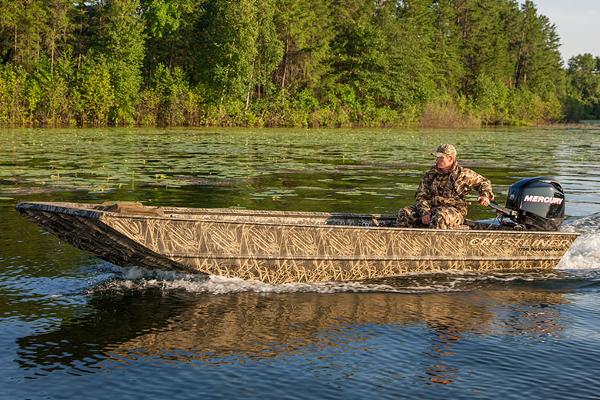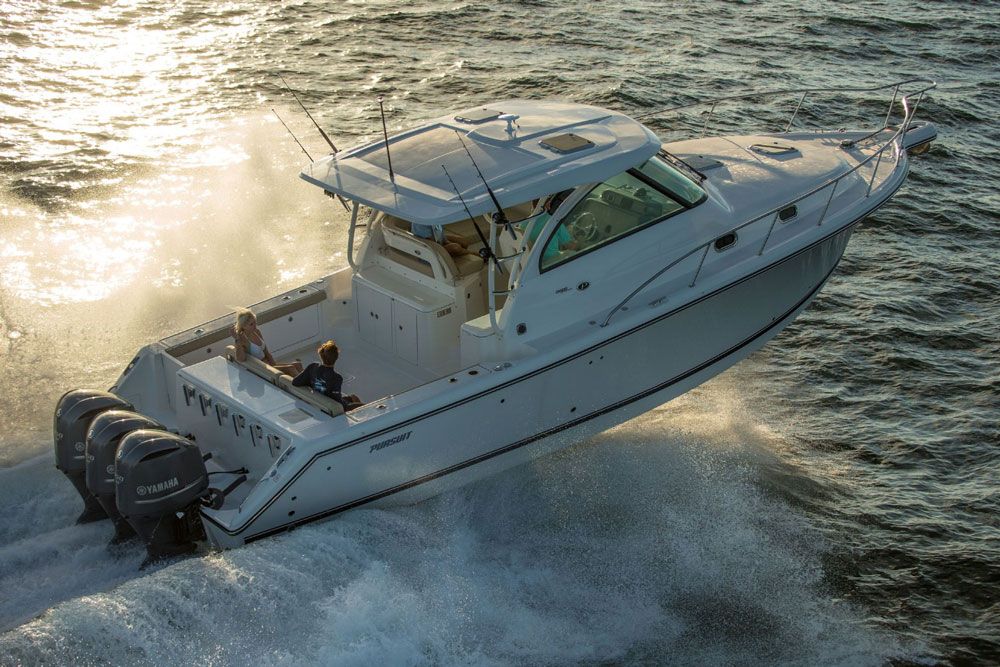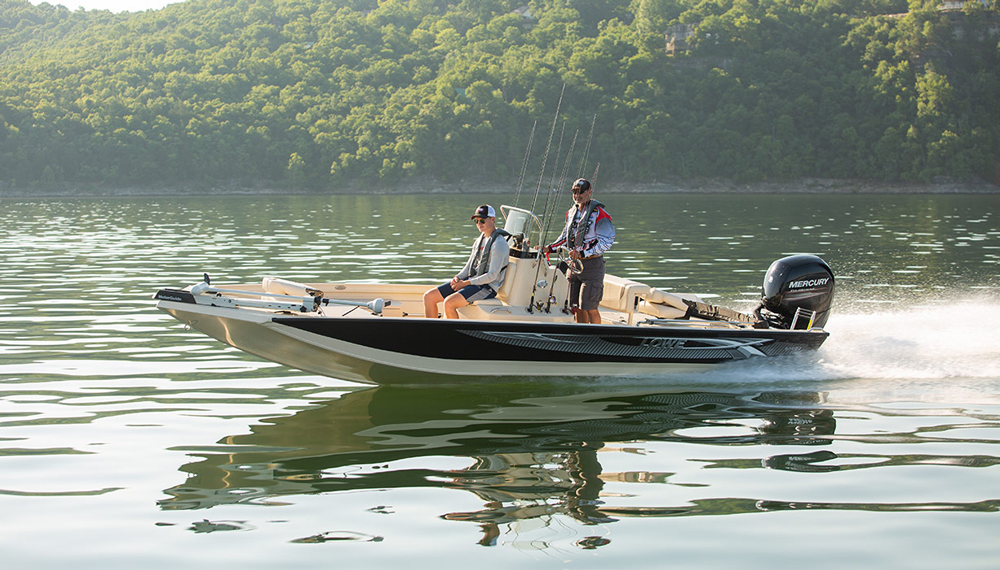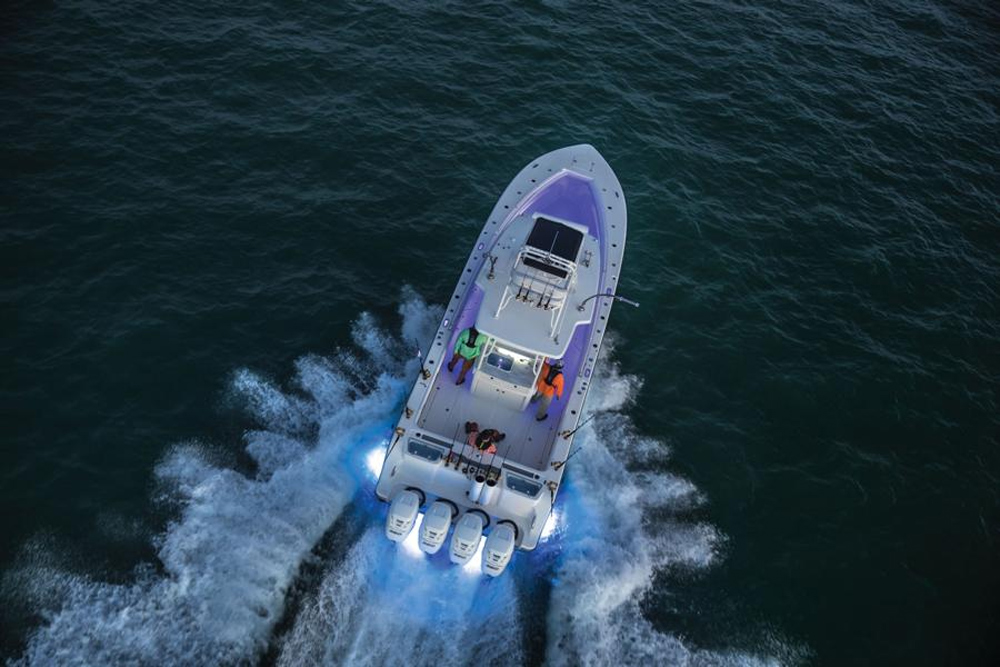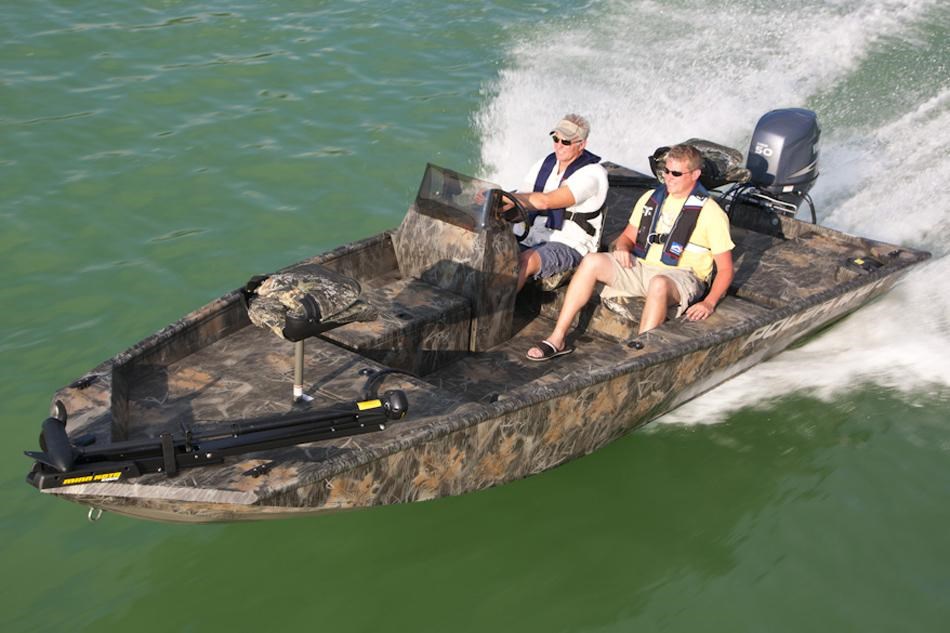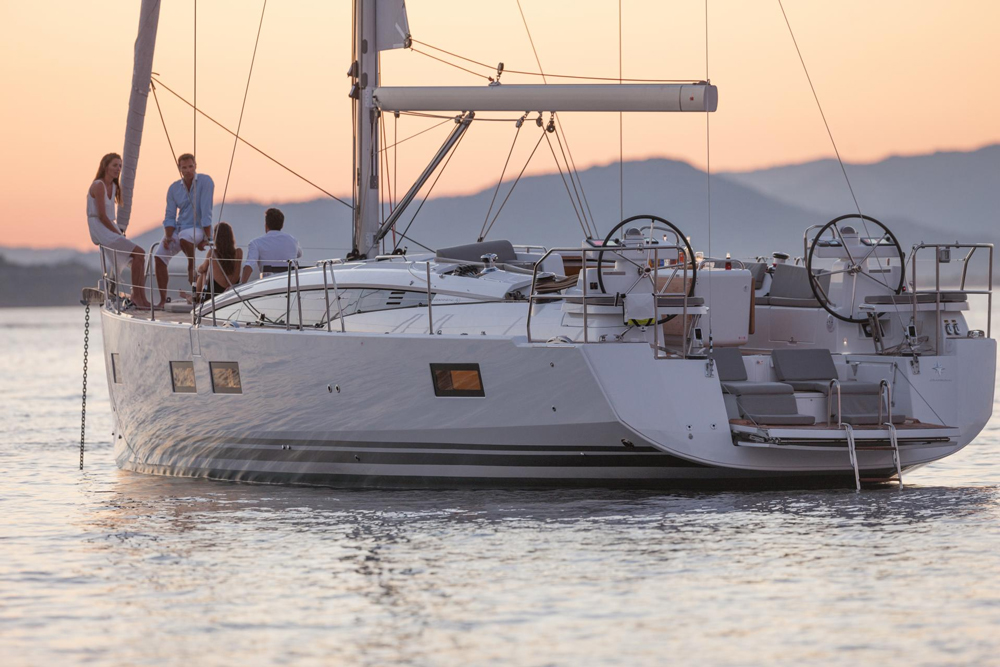Featured Aluminum Fish Brands
Aluminum fish boats for sale
-
Advertisement
-
Advertisement
-
Advertisement
-
-
Advertisement
Contact Seller
XAluminum Fish
Ideal for freshwater and saltwater fishing these Aluminum Fish boats vary in length from 12ft to 29ft and can carry 3 to 10 passengers. These powerboats use the following propulsion options: low power outboard engine. There are a wide range of Aluminum Fish boats for sale from popular brands like Lund, Tracker and Lowe with 2,167 new and 414 used and an average price of $29,655 with boats ranging from as little as $1,845 and $224,207.
Aluminum Fishing Boats
Is an aluminum fishing boat the best choice for the way you fish? The chances are a lot better than you might think. Expense, weight, strength, seaworthiness, and maintenance should all figure into your decision, and in all of these categories, aluminum boats often come out on top.
Generally speaking, aluminum boats are significantly less expensive than fiberglass boats of a comparable size. They weigh less—sometimes half as much for the same LOA—which not only means they’re easier to trailer, launch, retrieve, and push off a beach or bar, it also means they can run with less power. Again, that saves you some green. And if you like going green for the environment as much as you like the green in your wallet, you’ll also appreciate the fact that smaller powerplants burn less fuel and require less oil.
But the lighter weight of aluminum doesn’t mean these boats are any less strong and seaworthy. In fact, aluminum boats have a distinct advantage over fiberglass: they tend to dent instead of shatter, when they hit rocks or obstructions.
Glass does have one advantage when it comes to sea-keeping, however. Their hulls can be designed with more compound curves and detailed tweaks, like padded planing surfaces and reverse chines. Yet the compound curves that are above the waterline also have a drawback: they lead to more work for you, in waxing and buffing them to maintain the fiberglass gelcoat. When it comes to maintaining aluminum, all you need to do is rinse down the boat and scrub off the scales at the end of the day.
All aluminum boats, of course, are not created equally. Those that are welded together, as opposed to riveted, will typically last longer and leak less. And always pay attention to hull thickness when checking these boats out; in the 16’ to 18’ range, for example, you’ll find that most boats have a hull thickness of around 0.01” but some heavy-duty models feature 0.0125” aluminum. Deck construction is another key item to pay attention to. Plywood decks are common and very inexpensive, but they also boost weight and could rot if they aren’t treated properly.
Another key area many anglers fail to take note of is the inner hullside of an aluminum boat: is it carpeted, to cut down on noise? If not, when you knock it with a rod butt or a tackle box, you’ll spook every fish within a mile.
Whatever type of fishing boat you’re interested in, chances are aluminum is an option—from lake-bound skiffs to canyon-cruising center consoles. So, whether you love chasing bass, you’re a striper fanatic, or pursuing pelagics is the plan, consider metal. It might just turn out to be the better boat-building material for you.



